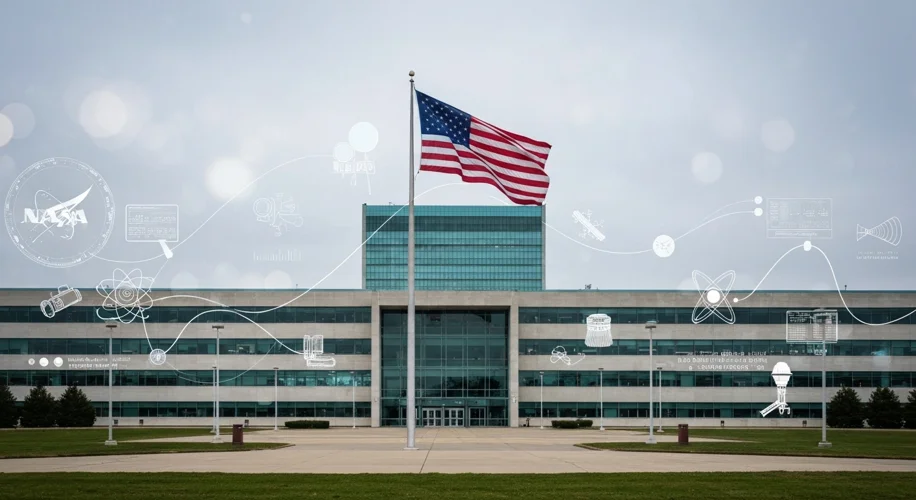As someone deeply invested in atmospheric science and the crucial work of environmental policy, I’ve been watching NASA’s trajectory with keen interest. Lately, there’s been a lot of discussion about administrative policies and their potential impact on the agency’s dedicated workforce, particularly those involved in vital climate research.
Did you know that NASA has a significant role in studying our planet? Beyond the exciting missions to distant stars and planets, NASA’s Earth Science Division is at the forefront of understanding climate change, monitoring our atmosphere, and providing critical data for environmental policy. This work is essential, not just for scientists, but for all of us who rely on a healthy planet.
In my experience, these kinds of administrative shifts can send ripples through the scientific community. When the focus or funding priorities change, it can affect everything from the types of research conducted to the career paths available for talented scientists. For those of us who have dedicated years to studying climate modeling or the complexities of urban heat islands, it’s natural to wonder about the implications.
For example, changes in administrative direction could mean a slowdown in crucial climate data collection or a shift away from research that directly informs environmental policies aimed at reducing greenhouse gas emissions or protecting vulnerable ecosystems. This isn’t about politics; it’s about ensuring that the scientific endeavors that help us understand and protect our world continue with the robust support they deserve.
NASA’s scientists are some of the brightest minds in the world, driven by a passion for discovery and a commitment to understanding our universe, including our own planet. The policies and administration decisions that guide their work have a direct impact on their ability to carry out this mission effectively. It’s why I’m so passionate about ensuring these vital scientific efforts are supported and prioritized.
This is a moment for thoughtful consideration of how we can best support the incredible talent at NASA, ensuring their invaluable work on Earth science continues to inform our understanding and guide our actions for a healthier planet.

